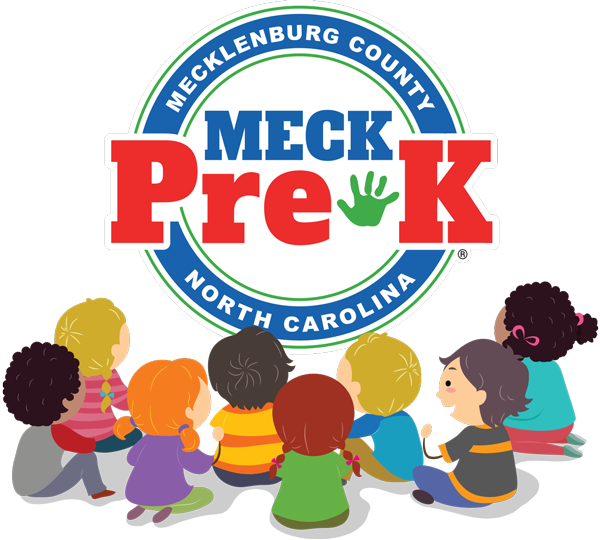Most of us can remember a time when we curled up with a book as a child. We might have gotten lost in the story, not realizing how much time had passed.
But what about today’s young children? With videogames, streaming television, and other distractions, it may seem like an uphill battle to get them away from screens and into reading. But there’s good news: high-quality pre-K programs offer lots of opportunities for children to develop their reading skills in a fun and stimulating way. With well-trained teachers, age-appropriate books, and an engaging curriculum, children in pre-K develop literacy skills and confidence that can lead to a lifetime of reading for learning and enjoyment.
Age-Appropriate Reading Skills
By the age of four, children can usually recognize familiar words, such as those found on signs and labels. For example, “Stop,” “Milk,” “Walk,” and so on. They can also recognize words that rhyme, such as “Hat,” “Cat” and “Sat.” Many four-year-olds can name some or all of the letters of the alphabet, at least in uppercase. And they can also recognize the letters in their names, and sometimes write their names as well.
A good pre-K program builds on these normal stages of literacy by surrounding children with the building block of language. MECK Pre-K uses The Creative Curriculum®, which helps early childhood educators to intentionally infuse literacy practices in their classrooms and use the environment as a natural source of literacy-related experiences.
Language and Literacy Activities
For example, they use teaching cards that describe playful and engaging activities that can be used throughout the day during group times to teach language and literacy skills in fun and creative ways. Being surrounded with other children learning the same things reinforces the learning and makes children more eager to keep up with their peers.
Teachers also use songs, chants, rhymes, games, and short activities to create learning opportunities during transition times. These short activities teach language and literacy skills, including rhyming and letter recognition.
Book Discussions
A well-trained pre-K teacher will also lead book discussions with children. They might read a book aloud and then ask questions about the book, to help children build comprehension, critical thinking, and social skills. Teachers may also emphasize specific vocabulary words as they read, making comments and asking questions about the story. They may also engage children in discussing the problems in the stories. This research-based approach is designed to improve comprehension and vocabulary.
You can also do this at home. For example, if your child sees you reading a magazine, you might tell them, “I’m reading about this topic,” and engage them in a quick conversation at an age-appropriate level. Then you might show them a book for their age, explain what it is about, and suggest that you read it together once you’re done reading your article. Simply talking to your child about what interests you builds their vocabulary and curiosity. And it can be fun!
The Benefits of Early Literacy
Every child develops at their own pace, so don’t worry if your neighbor’s child is reading more than yours. What’s important is that your child is exposed to language, words and literacy every day to help them build their knowledge and enjoyment of reading.
Ultimately, the work that you and your child’s teachers put in today will yield benefits for years to come. Strong language skills are essential for children’s success in school and life. Research tells us that a teacher’s role is critical to a child’s learning, and that teachers can inspire children to read, write, and learn. So if you haven’t found a pre-K program for your child yet, take a look at the options available near you. There may even be high-quality programs, such as MECK Pre-K, that are available at no cost to families at child development centers throughout your community.
About MECK Pre-K
MECK Pre-K classrooms are located in licensed childcare centers and taught by licensed teachers and highly qualified assistant teachers. You can apply online at MeckPreK.org. If you have a child who is not old enough for pre-K this year, you can sign up for our email list and be notified when they’re eligible for MECK Pre-K. Simply go to MECKPrek.org/future-meck-pre-k-students and select your child’s age group.

